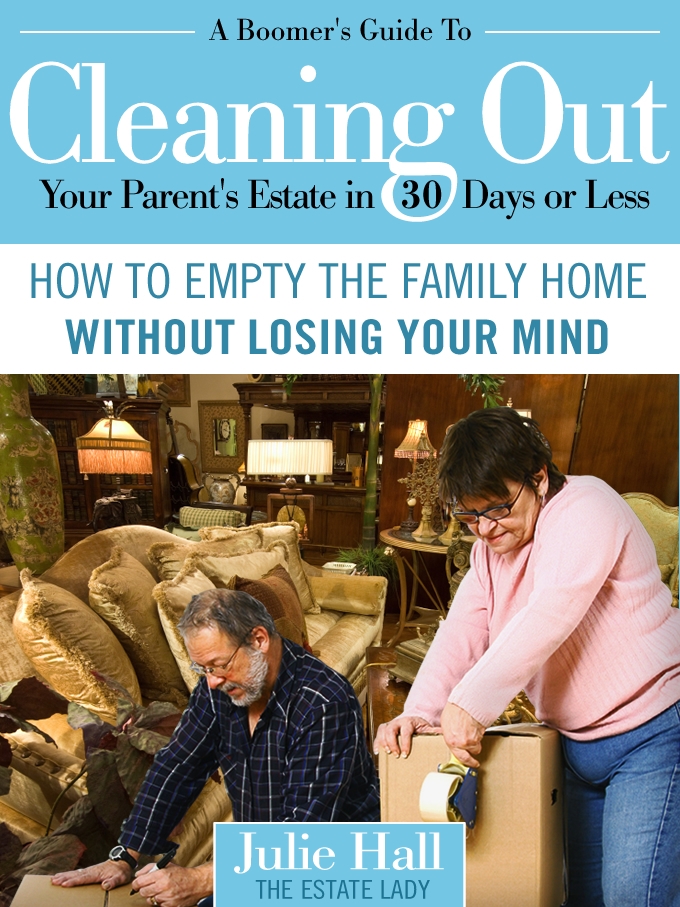In the last blog post, I began talking about becoming an entrepreneur, and I promised to share the most important lessons I have learned in building a successful business.
- Don’t ever let anyone tell you that you can’t do it. You can and will find a way. People who say things like that are often a bit envious of the entrepreneurial spirit, or perhaps live with regrets of their own. It’s also possible they just don’t understand.
- If you don’t try, you will always wonder about what “could have been.” Avoid living with regret and guilt by trying your best. Regret will catch up with you when you are elderly, as I often hear from my clients. Nothing bad can ever come from trying your best. The human spirit needs to put forth effort to have some sense of satisfaction.
- When you come to crossroads in your life as an entrepreneur, always go with your gut instinct. It’s interesting that we often let our heads get in the way of what our gut already knows. My gut has never lied to me. Tune into it, listen attentively, and keep moving. Do not get stuck in the decision-making process. If the first decision didn’t work, try another approach.
- Stay the course. So you’ve stumbled and what you had planned isn’t working. Take polls from business leaders you trust. Ask questions and figure out what is needed to move on to the next level. Perhaps you need a different company image, or you are not marketing to the right audience. Ask, ask, and ask again until the answers come.
- Figure out what it is specifically that makes you different and better than your competitors. Capitalize on those differences, and you now have a new marketing campaign — a fresh approach to hammer away at those you want to reach, whether by email, flyers, marketing packets, etc.
- The best advertising in the world is a happy customer. No amount of high dollar advertising is nearly as good as the people you please with your work. The step that most entrepreneurs forget is to ASK your clients to tell others about you. You must become a shameless self-promoter, but do so graciously and always with a smile. Find a way to get in with large groups of people at one time. Think smart!
- Identify what it is you are selling. Sounds crazy, but most people haven’t figured out they are not selling gizmos or a service. I am an estate professional who specializes in personal property. Do I just sell people’s stuff? No, I sell a solution — multiple solutions. Really think about this one.
- Follow through with passion and tenacity. My business adviser told me many years ago that the real reason entrepreneurs fail isn’t for lack of great ideas. There are many bright, ambitious, and creative entrepreneurs-to-be out there. They simply fail for one of two reasons: financial reasons, or they never go for it with everything they’ve got. Their follow-through is weak and the business never has a fair chance at taking off.
- Be the best at what you do. Don’t allow yourself, your ideas, or your company to get swallowed up by others who do the same thing. You must do it better, as the cream always rises to the top.
- Always look forward and never look back. Ever notice how some people live in the past and seem to get stuck there? It’s ok to visit the past and learn from what went wrong, but then, turn it into a positive so it works to your benefit.
- For every problem you encounter, there is a solution.
- Always be kind, courteous, and compassionate. Kindness gets noticed because so few people actually practice it.
May this guidance bring as much happiness and success to your life as it has for mine.
©2013 The Estate Lady®
Julie Hall, The Estate Lady®, is the foremost national expert on personal property in estates, including liquidating, advising, and appraising. http://www.TheEstateLady.com She is also the Director of American Society of Estate Liquidators®, the national educational and resource organization for estate liquidation. http://www.aselonline.com



